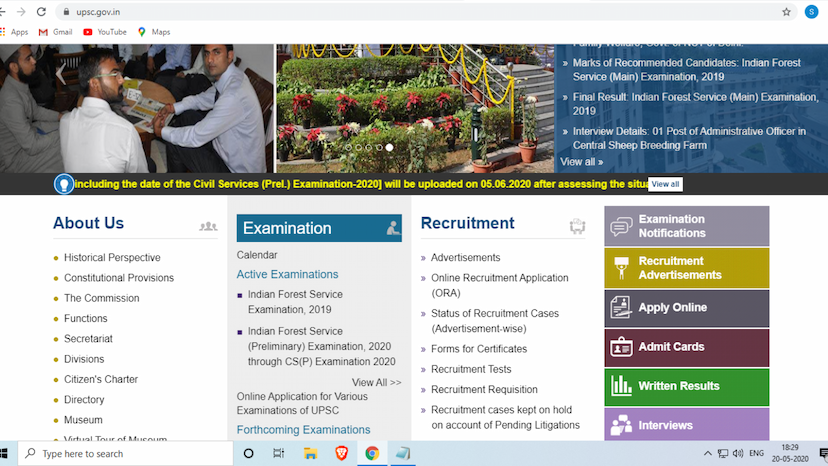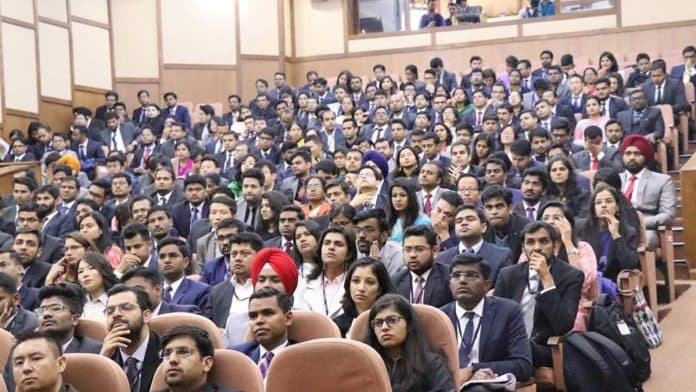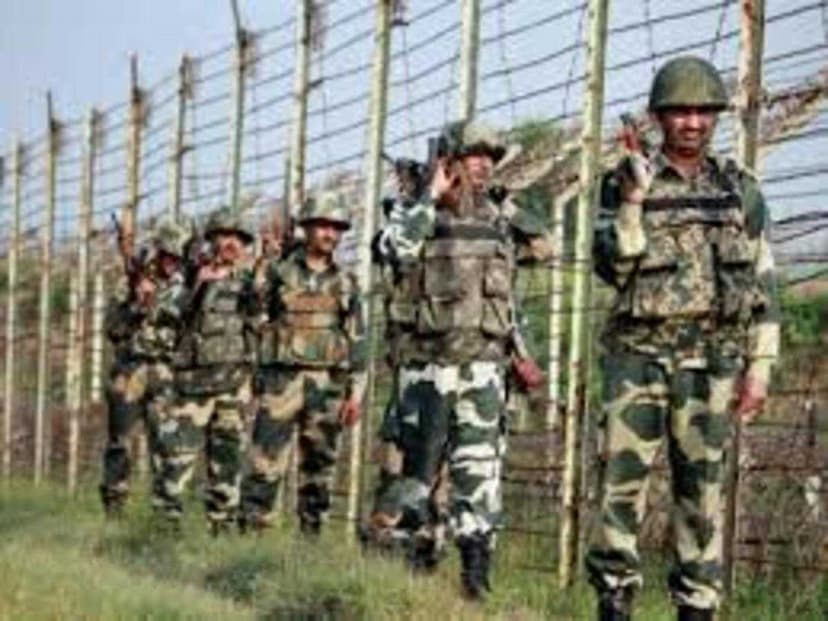UPSC Civil Service 2020: Great, new dates to be announced on 5 June

UPSC Civil Service prelims exam 2020 new date will be announced on 5 June after the existing situation is assessed.
The date of UPSC Civil Service prelims exam 2020 was postponed in the recent past owing to corona virus outbreak. This well-known exam was actually supposed to be conducted on 31 May this year as per the earlier planned schedule.


Outbreak of corona virus has put the entire nation in a lockdown almost two months ago. Many exams were postponed and UPSC Civil Services Exam prelims 2020 was among that.
Union Public Service Commission in a press release dated 4 May said the a review will be held on 20 May and fresh dates will be posted in due course.
In adherence to this UPSC said the new dates for UPSC Civil Service prelims 2020 would be posted on 5 June after assessing the situation.


While UPSC Civil Service 2019 exams were over and the personality test was pending and a part of that was supposed to take place this year. However, owing to corona virus outbreak even that also stood postponed.

UPSC Civil Service aspirants can access the notice (scrolling message) on the official website of UPSC at ‘upsc.gov.in’ This year proved truly unique with regards to education and employment.
This is the year that dreams of many youngsters to land in high-profile jobs ended up in uncertainty, says T. Ranjana Kumar, a civil service aspirant.

‘I still remember downloading the exam calendar for the sake of informing the students.’ Things however did not go as per that calendar, he recollects.

Taking this into account, the new exam calendar will perhaps be brought out on 5 June or perhaps shortly before or after that, he estimates.
Some of the popular exams that have been postponed along with UPSC Civil Service exam prelims 2020 are given below:
Central Armed Police Forces AC exam 2020
Exam date: 9 August2020
New date: To be announced later
Indian Forest Service Prelims 2020
Exam date: 31 May 2020
New date: To be announced later
IES/ISS Exam 2020
Exam date: 26 June 2020
New date: To be announced later
NDA and NA Exam (I) 2020
Exam date: 19 April 2020
New date: To be announced later
The old examination calendar is available at the link ‘https://www.upsc.gov.in/sites/default/files/ExamCal-2020-Engl-030619.pdf’
The best thing to do have updates about UPSC Civil Service exam or other exams conducted by UPSC would be to visit its official website at ‘upsc.gov.in’
Candidates who have already applied for various exams including UPSC Civil Service prelims 2020 can refer their email id or mobile number they provided while filling the respective application forms for updates regarding the examinations.
History of Civil Service in India
Civil Servants for the East India Company used to be nominated by the Directors of the Company and thereafter trained at Haileybury College in London and then sent to India. Following Lord Macaulay’s Report of the Select Committee of British Parliament, the concept of a merit based modern Civil Service in India was introduced in 1854.
The Report recommended that patronage based system of East India Company should be replaced by a permanent Civil Service based on a merit based system with entry through competitive examinations.
For this purpose, a Civil Service Commission was setup in 1854 in London and competitive examinations were started in 1855. Initially, the examinations for Indian Civil Service were conducted only in London.
Maximum age was 23 years and minimum age was 18 years. The syllabus was designed such that European Classics had a predominant share of marks. All this made it difficult for Indian candidates.
Nevertheless, in 1864, the first Indian, Satyendranath Tagore brother of Shri Rabindaranath Tagore succeeded. Three years later four other Indians succeeded.
Throughout the next 50 years, Indians petitioned for simultaneous examinations to be held in India without success because the British Government did not want many Indians to succeed and enter the ICS.
It was only after the First World War and the Montagu Chelmsford reforms that this was agreed to. From 1922 onwards the Indian Civil Service Examination began to be held in India also, first in Allahabad and later in Delhi with the setting up of the Federal Public Service Commission.
The Examination in London continued to be conducted by the Civil Service Commission.
S Vishnu Sharmaa now works with collegechalo.com in the news team. His work involves writing articles related to the education sector in India with a keen focus on higher education issues. Journalism has always been a passion for him. He has more than 10 years of enriching experience with various media organizations like Eenadu, Webdunia, News Today, Infodea. He also has a strong interest in writing about defence and railway related issues.






